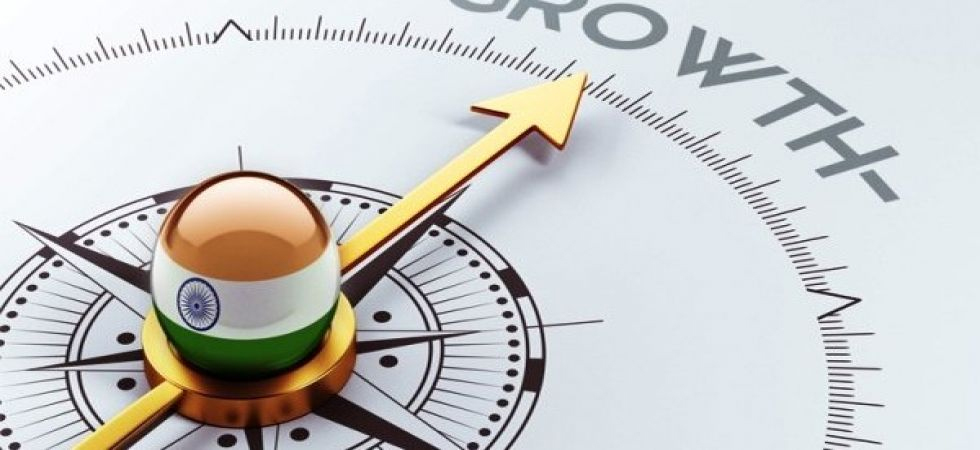Santosh Kumar Mohapatra
Making India a $5-trillion economy by 2024-25 fiscal is at the core of Economic Survey 2018-19 and Budget 2019-20. But the ambition appears illusory when credibility India’s GDP data is being dubbed sarcastically as Grossly Disputed Product. It may be a gimmick of Modi 2.0 government to distract people from real problems.
To disparage the previous regime and to glorify the performance of Modi government, Finance Minister Nirmala Sitharaman said the Indian economy was at approximately $1.85 trillion, when Modi formed the government in 2014 and within five years it has reached $ 2.7 trillion to become the fifth largest economy. Modi said India took 55-60 years to become a $1 trillion economy, but became a $2-trillion economy in just 5 years of his rule.
The PM has lashed out at those who criticised India’s potential to become a $5-trillion economy and called them “professional pessimists”. Actually, the government should neither be pessimistic nor optimistic but realistic. If higher growth is within the government’s capacity, why did Modi 1.0 not sustain higher growth; the last fiscal saw GDP growth rate plummet to a 5-year low of 6.8 per cent. Also, then why are advanced countries unable to extricate their economies from quagmire of slowdown?
Normal increases in consumption and economic activities of people can expand the size of the economy without any special effort. So the Indian economy, too, will automatically touch $5 trillion mark in future, if not by 2024-25. Even the appreciation of the rupee vis-a-vis dollar can increase the size of the Indian economy.
Higher growth depends on several factors, including the international situation. High policy uncertainty, ongoing trade tensions, policy of protectionism pursued by US and further erosion of business and consumer confidence are all contributing to global slowdown that is a great impediment to India’s growth prospects. IMF, in the World Economic Outlook report, has cut India’s growth forecast to 7 per cent in 2019, and 7.2 per cent in 2020. The downward revision of 0.3 percentage owes to subdued demand.
While the government talks of a $5-trillion economy, India continues to be a lower-middle-income country along with 46 others according to the World Bank’s classification of countries by income levels, released July 1, 2019. Among fellow developing economies — BRICS — India is the only country in the lower-middle-income group. The others are in the upper-middle-income group. India became a lower-middle-income nation in the fiscal 2009 during UPA era. The situation has not improved under Modi era.
Justifying the bigger economy, PM has referred to English adage “size of the cake matters”. According to him, the share of household would be proportional to the size of economy, that is, bigger household means bigger share in collective income and prosperity. However, bigger economy does not mean everyone will be benefited, and that well-being of masses will rise. The benefits of the ‘bigger cake’ may not percolate to masses and may be cornered by a few. This is clearly visible and corroborated by the fact that the richest 1 per cent of Indians own 58.4 per cent of the country’s total wealth, and this wealth inequality has increased six times between 2000 and 2017, as per a report titled “India Social Report: Rising Inequalities” published by Oxford University Press.
While, the government talks of big economy, it forgets the grim reality that India occupies abysmal position in various international indexes including GDP per capita income. India has a large economy just because it has a large population.
So, will a $5-trillion economy solve social and economic problems that afflict the country? Will it improve standard of living and well-being of people? Will it provide food to the hungry? Will it end gender discrimination and violence? Will it curb crime, corruption and black money? Will it help people to get health and education facilities at cheaper rate? Will it curb farmer’s suicide? Hence, the government should lay emphasis on the well-being of people instead of GDP just as the New Zealand government.
The writer is an Odisha-based economist. e-Mail: skmohapatra67@gmail.com.
